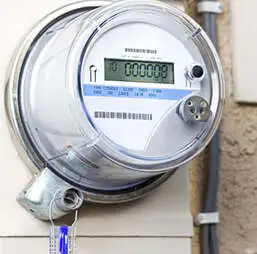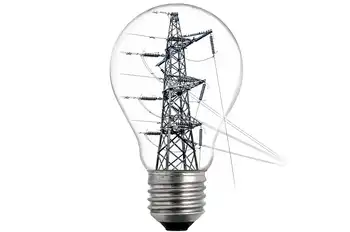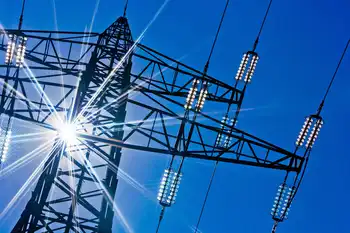China to cut energy consumption by 4 percent in 2006
BEIJING, CHINA - China will strive to chop down its energy consumption rate by 4 percent this year, a key index to guide economic and social development, Premier Wen Jiabao announced recently.
"Energy consumption per unit of GDP should fall by about 4 percent in 2006," said Wen while delivering a report on government work at the opening meeting of the Fourth Session of the Tenth National People's Congress (NPC), the top legislature.
It is the first time that China combines energy-efficiency with the indexes of economic growth, price, employment and balance of payments for macro-control of its economy.
"Energy-efficiency is indeed a key economic index, but few governments have made it a national policy," Jiang Xinmin, an expert with the Energy Institute under the State Development and Reform Commission.
China is determined to reduce energy consumption per unit of gross domestic product (GDP) by 20 percent in the coming five years, a new round of economic and social development beginning this year, Wen said in his report, which includes the draft outline of the 11th Five-Year (2006-2010) program for examination and approval by the legislature.
Necessitated by the country's current conditions and long-term interests, these targets are designed to tackle the mounting pressure on resources and environment and provide a clear guide for policy making, Wen addressed the 2,927 NPC deputies present at the meeting held at the Great Hall of the People in downtown Beijing.
Related News

CALIFORNIA: Why your electricity prices are soaring
LOS ANGELES - California's electricity prices are among the highest in the country, new research says, and those costs are falling disproportionately on a customer base that's already struggling to pay their bills.
PG&E customers pay about 80 percent more per kilowatt-hour than the national average, according to a study by the energy institute at UC Berkeley's Haas Business School with the nonprofit think tank Next 10. The study analyzed the rates of the state's three largest investor-owned utilities and found that Southern California Edison charged 45 percent more than the national average, while San Diego Gas & Electric charged double.…




